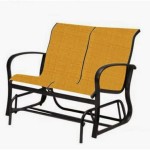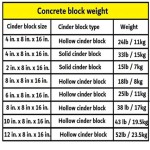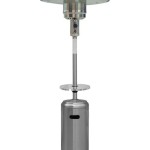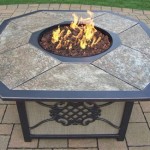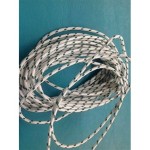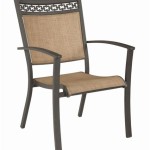Square Patio Stone Weight: Essential Considerations
When designing and constructing a square patio using stone pavers, weight is a crucial factor to consider. The weight of the pavers influences various aspects of the patio, including stability, safety, and ease of installation. Here's an in-depth look at the essential aspects of square patio stone weight:
1. Stability and Structural Integrity
The weight of the pavers contributes significantly to the overall stability and structural integrity of the patio. Heavier pavers are more likely to remain in place and resist shifting or displacement, especially in areas with high foot traffic or heavy objects. They are better suited for patios that will experience frequent use or have large, heavy items such as furniture or grills.
2. Safety and Accessibility
The weight of the pavers can also impact safety and accessibility. Heavier pavers are less likely to crack or break under pressure, providing a safer walking surface. They are particularly important for patios in areas where children or elderly individuals may be present. Additionally, heavier pavers may be easier to navigate for those with mobility limitations, as they require less effort to move across.
3. Installation and Handling
The weight of the pavers can affect the ease of installation and handling. Heavier pavers require more effort and manpower to lift and position, especially for large patios or those with complex designs. They may also require a stronger base or foundation to support their weight. However, heavier pavers can be more stable during installation, reducing the risk of movement or settling.
4. Aesthetics and Visual Appeal
The weight of the pavers can influence the aesthetics and overall appearance of the patio. Heavier pavers tend to create a more substantial and solid look, giving the patio a sense of permanence and durability. They can also complement certain architectural styles and landscaping elements, such as large trees or heavy stone walls.
5. Material and Thickness
The weight of square patio stones varies depending on the material and thickness. Natural stone pavers, such as granite or flagstone, are typically heavier than concrete or porcelain pavers. Similarly, thicker pavers are heavier than thinner ones. When selecting pavers, consider the weight factor in relation to the intended use, design, and budget.
Conclusion
Square patio stone weight is an important aspect to consider when designing and constructing a patio. Heavier pavers offer increased stability, safety, and durability. They may be more challenging to install and handle, but they can enhance the overall aesthetic appeal and longevity of the patio. By considering the weight factor in conjunction with other factors such as material, thickness, and intended use, it is possible to create a beautiful and functional square patio that meets your specific needs and preferences.

Pavestone 16 In X 1 75 Pecan Square Concrete Step Stone 72624 The Home Depot

Pavestone Stratford 16 In X 1 75 Old Town Blend Concrete Step Stone 72499 The Home Depot

Pavestone 12 In X 1 5 Pewter Square Concrete Step Stone 71200 The Home Depot

Pavestone 12 In X 1 5 Pewter Square Concrete Step Stone 71200 The Home Depot

24 In L X W 2 H Square Gray Concrete Patio Stone The Pavers Stepping Stones Department At Com

18 In L X W 2 H Square Gray Concrete Patio Stone The Pavers Stepping Stones Department At Com

Pavestone 12 In X 1 5 River Red Square Concrete Step Stone 71251 The Home Depot

12 In L X W 2 H Square Gray Concrete Patio Stone The Pavers Stepping Stones Department At Com

16 In L X W 2 H Square Gray Concrete Patio Stone The Pavers Stepping Stones Department At Com

Pavestone 12 Square Pewter Concrete Stepping Stone Com
Related Posts

